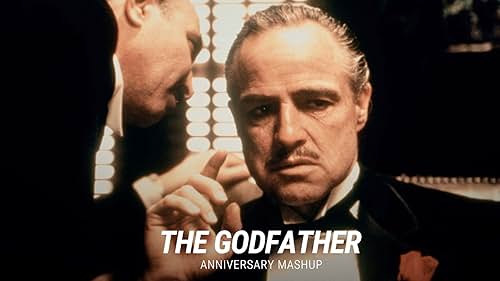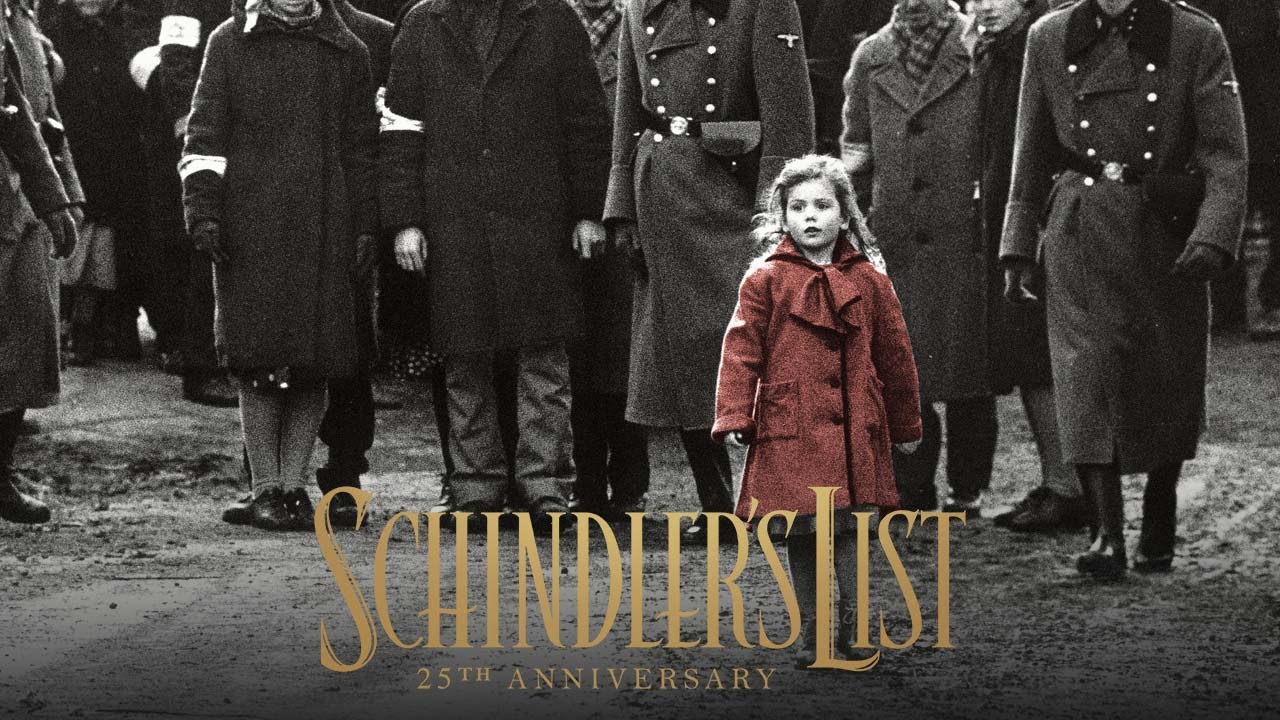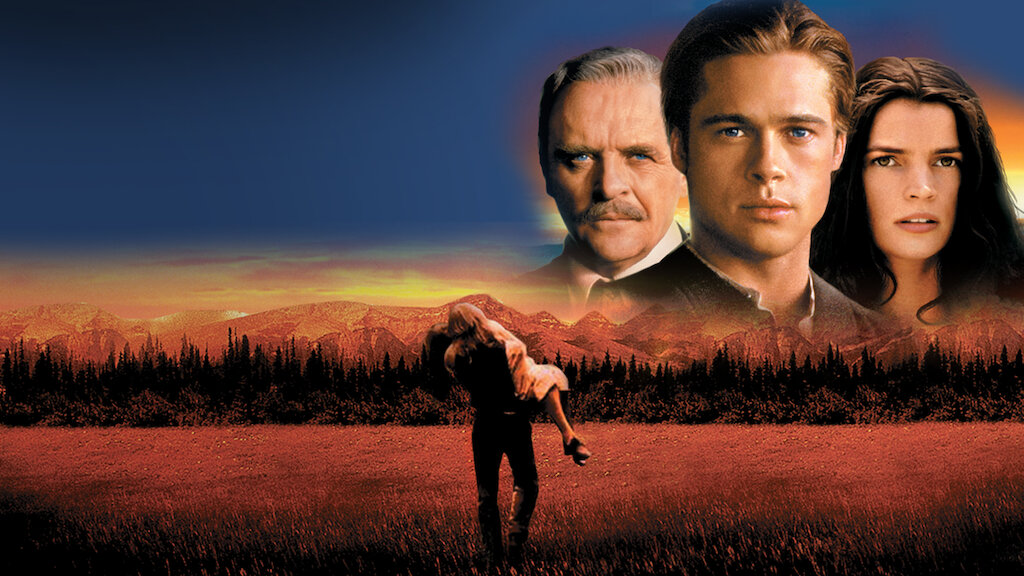FULL MOVIE:
Love Story (1970) – A Hauntingly Beautiful Tale of Love and Loss
Arthur Hiller’s Love Story (1970), based on Erich Segal’s best-selling novel, is a film that defined romantic tragedy for a generation. With its iconic tagline—“Love means never having to say you’re sorry”—and a heart-wrenching central romance, the movie became a cultural touchstone, embracing love in all its purity, fragility, and inevitability.
Set against the backdrop of elite academia, the film follows the improbable but magnetic connection between Oliver Barrett IV (Ryan O’Neal), a wealthy Harvard law student from a cold and affluent family, and Jennifer Cavalleri (Ali MacGraw), a witty and working-class Radcliffe music student. From their first combative banter in the library, it’s clear this is no typical love story—it’s spirited, immediate, and deeply emotional.
What makes Love Story so affecting is the authenticity of its central relationship. Ali MacGraw’s Jennifer is sharp-tongued, passionate, and fearless. Her chemistry with O’Neal’s more guarded Oliver burns with quiet intensity. Their love feels lived-in: full of teasing, small comforts, and subtle sacrifices. As they navigate marriage, family disapproval, and financial hardship, they grow—not only closer, but more tender and truthful with one another.
But the film’s lasting power lies in its tragedy. When Jennifer is diagnosed with a terminal illness, the story takes a devastating turn. There’s no melodrama here—just a slow, aching decline wrapped in moments of profound love. The film never leans on sentimentality; instead, it remains grounded in emotional restraint, letting the characters—and viewers—grapple with heartbreak on their own terms.
Francis Lai’s Oscar-winning score is unforgettable. A delicate piano melody that threads through the film, it mirrors the bittersweet tone—romantic and mournful, beautiful and broken. The music becomes its own character, amplifying the sorrow and the fleeting joy of a life lived too quickly.
Visually, Hiller keeps the direction clean and intimate. New England campuses, snow-covered fields, and modest apartments create a timeless aesthetic, emphasizing connection over spectacle. The quiet moments—Oliver watching Jennifer sleep, a conversation in the hospital hallway, or the final silent farewell—linger long after the credits roll.
Though some critics have dismissed its sentimentality, Love Story remains powerful because of its sincerity. It doesn’t pretend love conquers all. Instead, it shows that love can transform us, even when it cannot save us.
By the end, Oliver’s world has been changed forever. And so has ours. Love Story reminds us that the simplest connections can be the most profound—and that love, however brief, is worth every heartbeat.









